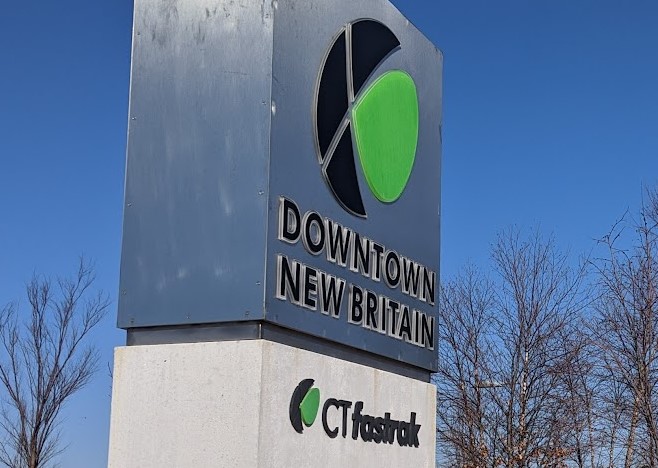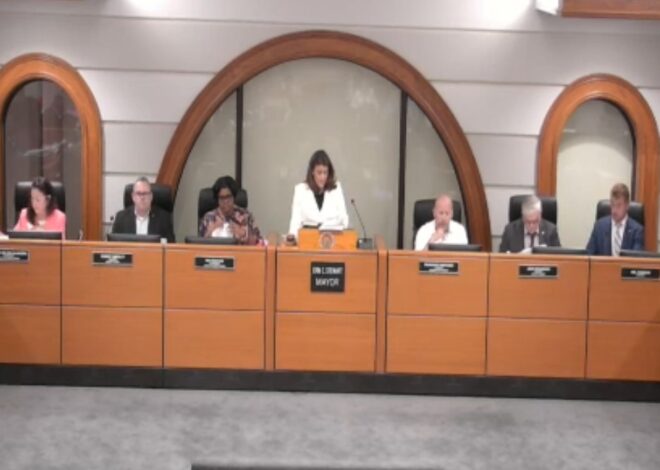The new state budget brings tax cuts of a half a billion dollars and millions in public investments, Sen. Rick Lopes (D-6) says.
Sen. Lopes, who represents New Britain, Berlin and neighborhoods in Farmington in the State Senate, voted for final approval of the revision to the state’s two year budget. The new budget plan was approved by the State Senate on May 3, 2022, by a 24 to 12 vote.

“This budget makes strong investments in middle class and working families,” Sen. Lopes said. “From supporting the needs of young people to expediting the elimination of taxes on certain pensions and annuity income, this is a budget that will make a noticeable difference in the lives of residents.”
The state House of Representatives had already approved the new budget in the previous day’s session by a 95 to 52 vote. New Britain State Rep. Manny Sanchez (D-24), Rep. Bobby Sanchez (D-25) and Rep. Peter Tercyak (D-26) all voted in support, while Rep. William Petit (R-22) voted in opposition. Rep. Gary Turco (D-27), who represents the district that will include part of New Britain next year, voted in support.

Gov. Ned Lamont (D-CT), whose has final approval of the budget, praised legislators for approving it, saying,
This bipartisan budget is the Connecticut difference I spoke of on the opening day of this legislative session. Tonight, the General Assembly voted to give taxpayers their largest tax cut in history, while paying down $3.5 billion in unfunded liabilities, making groundbreaking investments in childcare, crime prevention, environment protection, and caring for our most vulnerable residents. We are transforming Connecticut, making it a place where people and businesses want to grow and set down roots.

“When Governor Lamont and I took office in 2019,” said Lt. Gov. Susan Bysiewicz (D-CT), “our state was facing a $3.7 billion budget deficit. We will be making a historic contribution towards paying down our long-term unfunded pension liabilities, while maintaining one of the strongest rainy day funds in the country.”
But most legislative Republicans opposed the budget. Sen. Kevin Kelly (R-21) and Sen. Paul Formica (R-20), the State Republican leaders, had argued for even more tax cuts, saying, “Connecticut has overtaxed its residents at a level that is staggering at a time when inflation is crushing family budgets. The right thing to do is to return these dollars to CT residents. Instead, CT Democrats are spending it and growing government.”
In a press statement, Lopes’ office said that, “The budget includes historic tax cuts for Connecticut’s citizens as well as major new investments in some of the human needs that were highlighted by the past two years of the deadly and disruptive COVID-19 pandemic.”
The legislative Office of Fiscal Analysis says that the budget increases the fiscal year 2023 budget, which begins on July 1, 2022 and ends June 30, 2023, by 6.4%, allocating $22 billion in the state’s General Fund, $1.8 billion for the Special Transportation Fund and $280 million in other parts of the budget.
Sen. Lopes’ office described some of the $600 million in tax cuts legislators approved, including, “a new $250-per-child credit against the state income tax for low- and middle-income households,” a cap on car taxes that will benefit New Britain residents, an increase in the maximum property tax credit against the state income tax, an increase in the state Earned Income Tax Credit and “Accelerating the phase-out of taxes of certain pension and annuity income.”
The budget, according to Sen. Lopes’ office allocates hundreds of million of dollars for mental health services at School-Based Health Centers, mobile crisis services, personal care attendants, programs for survivors of domestic violence, senior citizens’ adult day programs, Meals on Wheels and Alzheimer’s respite care programs.
The budget provides for raises for child care workers and workers at non-profit agencies, says Lopes’ office, and invests in affordable housing and town-run summer camps.
And, Sen. Lopes added, “The $3.5 billion we will direct to paying down the state’s pension debt will free up state resources in the long-term that can instead go into improving the quality of life of Connecticut residents.”




